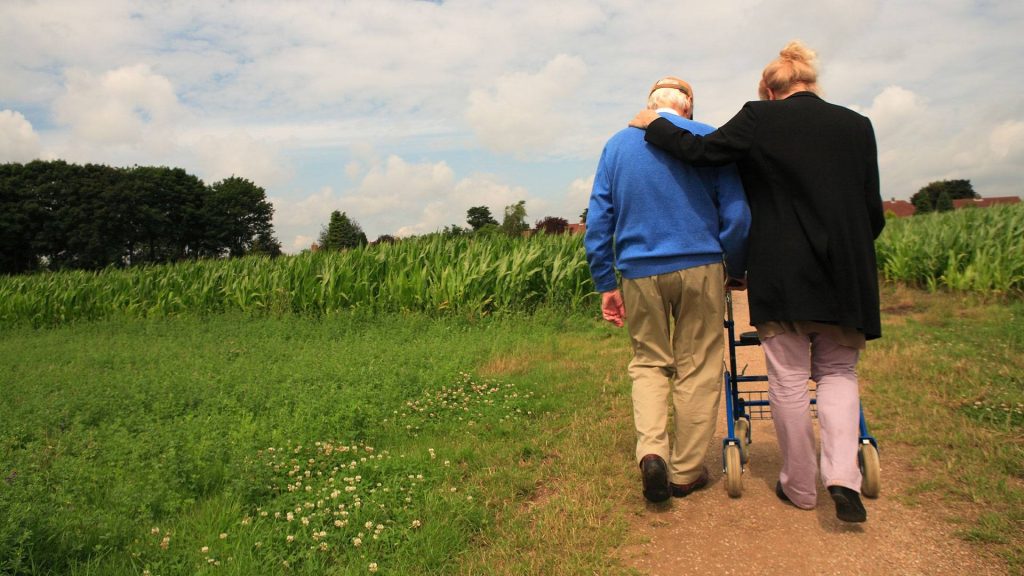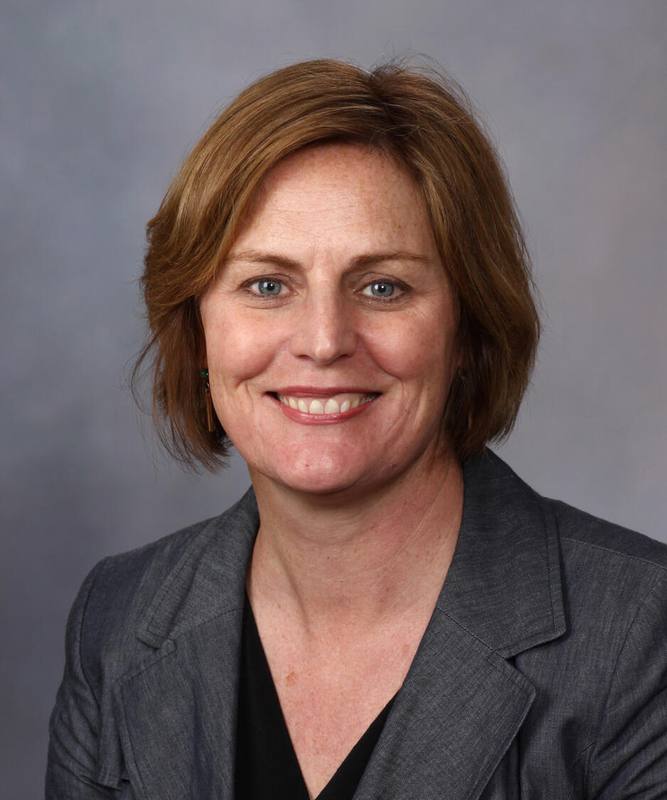-
Healthcare Delivery
Telehealth study on reimbursements for rural healthcare delivery

A recent Mayo Clinic study investigated how telehealth in palliative care may provide value for rural caregivers, healthcare teams and their patients. Palliative care is specialized medical care that focuses on providing relief from pain and other symptoms of a serious illness.
Researchers were particularly interested in determining what billing models were most cost-effective and sustainable for healthcare teams and caregivers transitioning patients from hospital to home care.
The study tested an 8-week program for rural caregivers of patients receiving palliative care. During that time, the caregivers interacted with registered nurses via video, receiving education, support and counseling.
Strengthening rural healthcare delivery
"For the study, we were trying to figure out what the cost of the intervention was compared to usual care and, if the intervention was effective, how cost-effective it would be to roll out more widely," says Joan Griffin, Ph.D., senior author of the study.

Researchers identified three Medicare reimbursement billing codes that could be used for reimbursement of this caregiver-focused telehealth effort that would be appropriate, manageable and acceptable to Medicare and Medicaid.
They then weighed the potential costs of the program versus those potential reimbursements to evaluate the overall impact of making such a program part of routine care.
"We're beginning to make some headway into possibly getting effective interventions into practice because there are now options for healthcare systems and providers to be reimbursed for these efforts," says Dr. Griffin.
According to Dr. Griffin, healthcare professionals involved in the intervention reported favorable experiences, revealing the potential for such a program to improve caregiver support and patient experiences.
Finding the greatest need
Dr. Griffin emphasizes that identifying avenues to reimbursement for programs like this ultimately will help caregivers and their healthcare teams face the challenges surrounding patients under palliative care.
"What healthcare professionals can take away is that there are strategies and avenues for interacting and connecting with family caregivers that are reimbursable and that the cost attached to this type of research may be less than people at first glance think," says Dr. Griffin. "When we start looking at the next steps for this study, our biggest challenge will be to figure out who is in greatest need of this type of intervention and how we direct these types of services to those people."
The Mayo Clinic Robert D. and Patricia E. Kern Center for the Science of Health Care Delivery supported this research. Review the study for a complete list of authors, disclosures and funding.
About Mayo Clinic Robert D. and Patricia E. Kern Center for the Science of Health Care Delivery
The Mayo Clinic Robert D. and Patricia E. Kern Center for the Science of Health Care Delivery collaborates with clinical areas across Mayo to create and evaluate data-driven solutions to transform the experience of health and healthcare for patients, staff, and communities. It drives continuous improvement of Mayo Clinic as a learning health system, enabling always safe, evidence-based, high-quality care.
Related Articles







